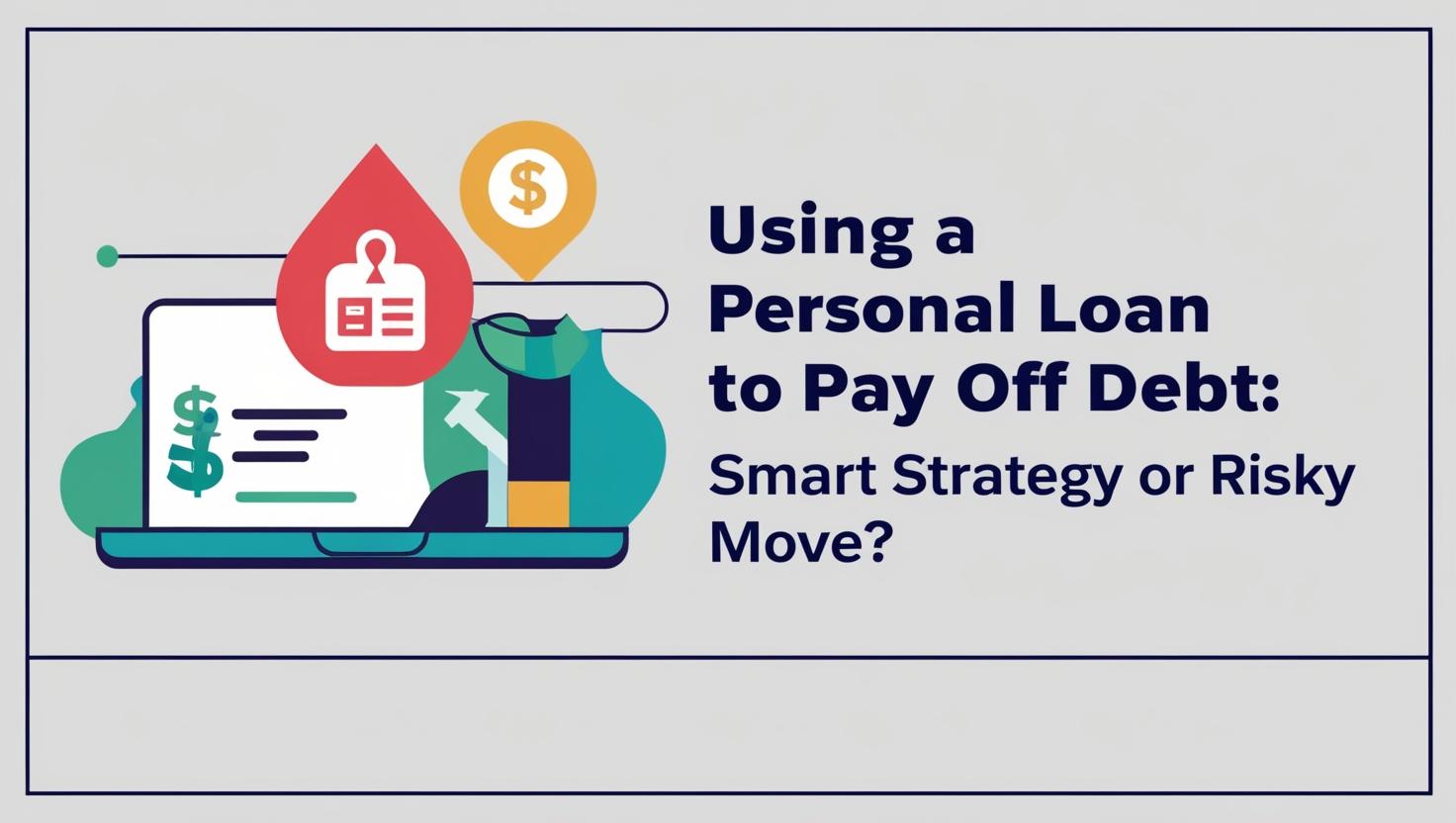Whether you’re gearing up for your first child, adding to your crew, or simply trying to make sense of it all, financial planning is essential to navigate these challenges and build a secure future for your family. Starting or growing a family is an exciting journey, full of baby giggles, milestones, and creating cherished memories. But let’s face it—raising a family also comes with its fair share of financial challenges. Figuring out your finances can feel overwhelming, but with the right plan in place, you can manage the costs and focus on what truly matters—your growing family.
The good news? With a bit of planning and some smart decisions, you can build a solid financial foundation for your family’s future. So, grab a coffee, sit back, and let’s dive into everything you need to know about financial planning for growing families. Trust me, it’s not as scary as it sounds!
1. Time to Revamp Your Budget
If you haven’t looked at your budget in a while (or don’t have one yet), now’s the time. A growing family means growing expenses, and it’s important to keep track of where your money is going.
Where to Start?
- Take a Snapshot: Look at your income and expenses over the past month. Be honest about what you’re spending on everything from groceries to streaming services.
- Spot the Changes: Think about what new expenses you’ll have. Diapers, daycare, formula, and doctor visits can quickly add up.
- Cut Back Where You Can: Maybe those weekly takeout orders can become bi-weekly, or that gym membership you barely use can take a pause. Small tweaks can make a big difference.
It’s all about balancing the fun stuff with the essentials. Budgeting doesn’t have to feel restrictive—it’s about making your money work for you.
2. Build (or Beef Up) Your Emergency Fund
Here’s the deal: life loves throwing curveballs. An unexpected medical bill, car repair, or job hiccup can derail even the best-laid plans. That’s why an emergency fund is your financial best friend.
How Much Do You Need?
The rule of thumb is three to six months of living expenses. If that sounds like a lot, don’t panic. Start small—saving even $20 a week can add up over time.
Where Should You Keep It?
Pop your emergency fund into a high-yield savings account. It’s easy to access when you need it but earns a little extra interest in the meantime.
Think of it as your financial safety blanket. Sleep is hard enough with little ones—your emergency fund can give you one less thing to worry about.
3. Don’t Skimp on Insurance
Insurance might not be the most exciting topic, but it’s a must when you’re protecting your family. Think of it as a way to prepare for the unexpected.
Life Insurance: Yes, You Need It
- Why It Matters: If something happens to you or your partner, life insurance ensures your family can keep their home, pay the bills, and maintain stability.
- How Much to Get: A good starting point is 10–12 times your annual income.
- Term vs. Whole Life: Term life insurance is affordable and covers you for a set number of years (e.g., 20). Whole life is more expensive but comes with savings perks.
Health Insurance: Keep It Current
Make sure everyone is covered under a health plan that fits your family’s needs. Don’t forget to look into pediatric care and check what’s covered for emergencies.
4. Start Saving for College (It’s Never Too Early!)
I know, I know—college seems light-years away, but those years fly by. The earlier you start saving, the easier it’ll be down the road.
Best Ways to Save
- 529 Plans: These are tax-advantaged accounts designed for education expenses. Bonus: some states offer tax breaks for contributions.
- Coverdell ESAs: Similar to a 529 but with smaller contribution limits.
- Custodial Accounts: A flexible option that lets you save and invest for your child’s future.
How to Make It Happen
Even small monthly contributions can grow into something meaningful thanks to compound interest. If you can swing $50–$100 a month, you’re off to a great start.
5. Create or Update Your Will
Let’s get real for a second: nobody wants to think about worst-case scenarios, but having a will is one of the most important things you can do for your family.
Why You Need One
- It ensures your assets go where you want them to.
- You can name guardians for your kids in case something happens to you and your partner.
Where to Begin
You don’t have to do this alone. An attorney can help you draft a will, and you can set up beneficiary designations for things like life insurance or retirement accounts.
6. Don’t Forget Your Own Future
It’s tempting to put all your focus on your kids’ futures, but don’t forget about your retirement. Think of it this way: your kids can take out loans for college; you can’t take out loans for retirement.
How to Prioritize Retirement
- Max Out Employer Matches: If your job offers a 401(k) match, contribute enough to take full advantage. It’s essentially free money.
- Open an IRA: Traditional or Roth IRAs are great options for additional savings.
Your future self—and your kids—will thank you for planning ahead.
7. Budget for Family Fun
Let’s not forget the reason you’re planning in the first place: to create a life full of happy memories! Financial planning doesn’t mean cutting out fun—it just means being intentional about it.
Make Room for Joy
- Set aside funds for family outings, vacations, or hobbies.
- Look for free or low-cost activities in your area, like library story times, park days, or community events.
Remember, it’s the experiences, not the stuff, that your kids will cherish.
8. Teach Your Kids About Money
Want to set your kids up for success? Start teaching them about money early. It doesn’t have to be complicated!
Simple Money Lessons by Age
- Little Ones: Introduce saving with a piggy bank.
- Elementary Schoolers: Use allowances to teach budgeting. If they want a toy, encourage them to save for it.
- Teens: Help them open a savings account and learn about earning, saving, and spending wisely.
Financial literacy is one of the best gifts you can give your kids. Plus, it helps you raise financially savvy adults!
9. When in Doubt, Ask for Help
You don’t have to figure it all out alone. Financial professionals can be a huge help, especially as your finances get more complex.
Who to Call
- Financial Planners: They can create a customized plan for your family.
- Tax Advisors: They’ll help you navigate deductions and credits that come with having kids.
Investing in professional advice can save you time, stress, and money in the long run.
10. Check In and Adjust as Life Changes
Your financial plan isn’t a “set it and forget it” kind of thing. Life changes—new jobs, a new baby, or even just the kids getting older—mean your finances will need regular tweaking.
When to Review
- After major life changes (new baby, job changes, etc.).
- At least once a year, just to make sure you’re on track.
The Bottom Line
Financial planning for a growing family doesn’t have to be stressful. Start small, tackle one thing at a time, and give yourself grace along the way. The goal isn’t to be perfect—it’s to build a financial foundation that lets your family thrive.
You’ve got this! And if it ever feels overwhelming, remember: planning now means more peace, more fun, and more security for your family in the future. What could be better than that?
Take advantage of these Fiverr Services: below:







One response to “Financial Planning for Growing Families: What You Need to Know”
This is an incredibly helpful and well-rounded guide for families looking to get their finances in order! The step-by-step breakdown makes it feel approachable, even for those who might feel overwhelmed by the idea of financial planning. I especially love the emphasis on balancing budgeting with fun and memories, and the tips on teaching kids about money are spot on. Financial planning doesn’t have to be daunting when you take it one step at a time. This guide is a great reminder that starting early and staying consistent can really pay off in the long run!